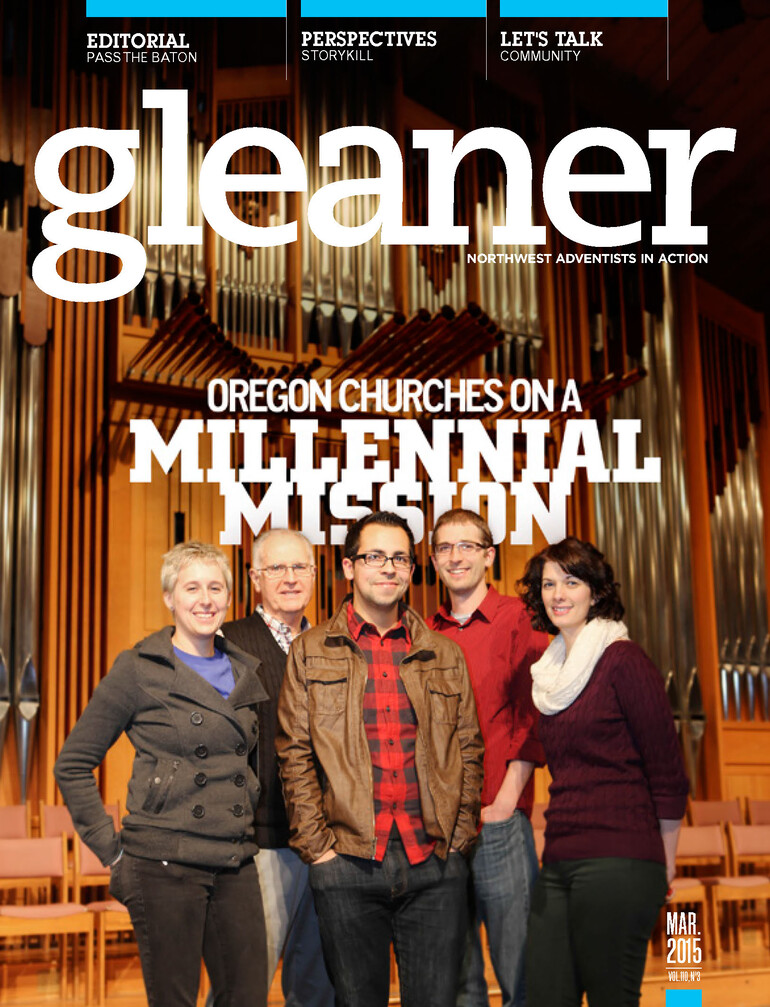While Adventists seem to place great importance on outward behavior, such behavior is a poor predictor of their relationship with Christ. … In many cases [young adults] will become further committed to the lifestyle standards of Adventist doctrine, but only after internalizing them rather than conforming to them.
[Regarding church integration] there is a difficult transition from child to adult. Young adults have many fewer opportunities. As one person in our post-college discussion groups said, “If you aren’t a child and don’t have a child, there’s nothing for you.”
Today’s young adults are very comfortable with ambiguity and nuance. In many ways they do not feel the need to develop a comprehensive worldview or philosophy. When it comes to Adventist doctrine and standards, they are sifting through church teachings — even the ones who consider themselves strong members.
Intergeneration relationships are a big deal to both engaged and unengaged young adults — and not just in a good way. Those who felt welcome and nurtured referenced older adults, and those who felt judged and rejected also cited older adults.
It is their experiences and perceptions of their church as a child, rather than their behavioral engagement with the church, that predicts if they will be behaviorally engaged as young adults. This insight should not be underestimated.
Read full study report embedded below.
Barna Seventh-day Adventist Young Adult/Millennial Study by GleanerNOW









